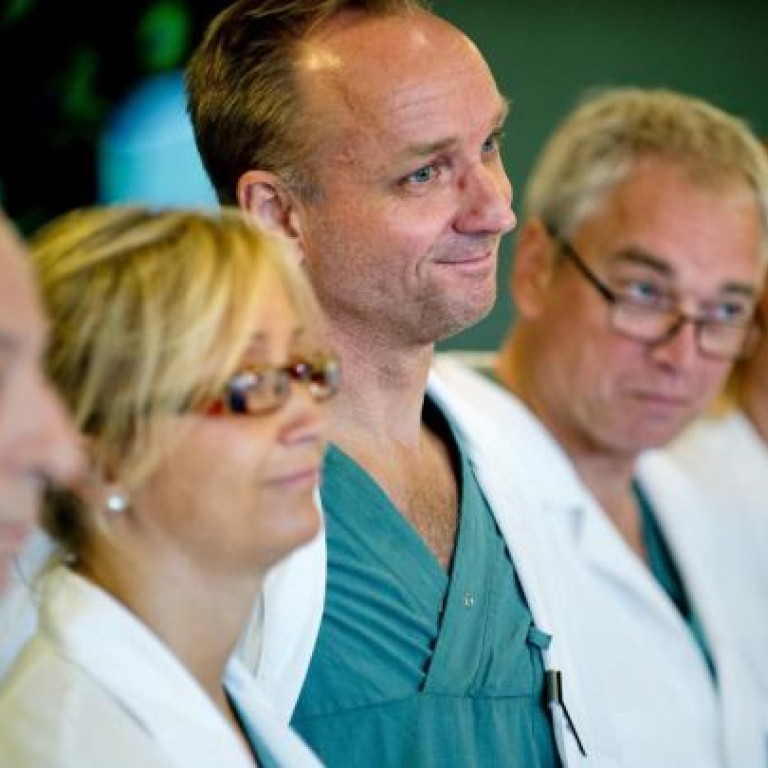
Two Swedish women receive uteruses in first mother-to-daughter transplants
Two Swedish women received new uteruses at the weekend in the world's first mother-to-daughter uterine transplants aimed at helping them have babies, Gothenburg University announced yesterday.
Uterine transplants are new, with the first successful one performed in Turkey in 2011.
"One of the women had previously had her own uterus removed after undergoing treatment for cervical cancer. The other woman was born without a uterus. Both women are in their 30s," a statement from Gothenburg University said.
"More than 10 surgeons took part in the operations, which were conducted without any complications. The women who received the uteruses are doing well but are tired after the surgery," said Mats Brannstrom, a professor of obstetrics and gynaecology at the university and the leader of the research team.
"The mothers who donated their uteruses are already up and walking and are going to be able to go home within a few days."
Brannstrom said the women would have to wait one year before trying to get pregnant.
They will then undergo in vitro fertilisation (IVF) with frozen embryos consisting of their own eggs fertilised with their partners' sperm prior to the organ transplant procedure.
"So we will only really know if this is successful in 2014", if and when the women have given birth, Brannstrom said.
He would not speculate on the chances of them becoming pregnant, but noted that in regular IVF treatments the chance of delivering a baby after an embryo transfer was 25 to 30 per cent.
Brannstrom said the transplanted uteruses would be removed after the women have had "up to two children", so they can stop taking the immunosuppressant medication that helps their bodies accept the transplant.
Another doctor, Michael Olausson, said they expected the same risk of rejection as with other organ donations, of around 20 per cent.
The women, whose names were not revealed, were selected after a lengthy vetting process to ensure they and their partners were fertile and good candidates. Their mothers were used as donors because of the "theoretical advantage" of having a close relative as a donor, Olausson said.
